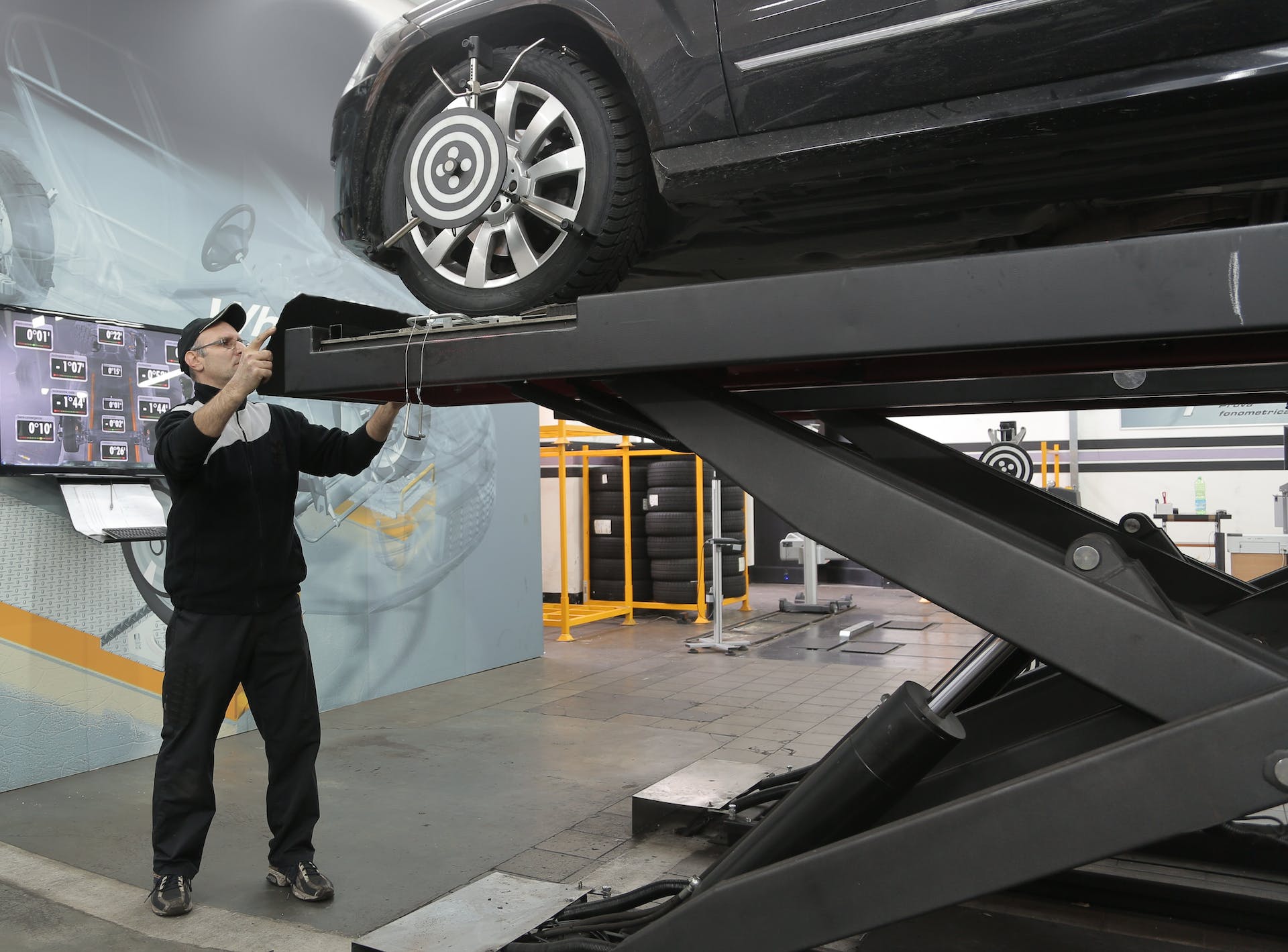The regularity of smog checks is a common question among vehicle owners. How often should you subject your car to this emissions assessment? In this article, we’ll demystify the frequency of smog checks, exploring the factors that determine the schedule and providing insights to ensure you stay compliant without unnecessary visits to the smog check station.
Understanding Smog Check Intervals
The frequency of smog checks varies based on several factors, primarily dictated by state regulations. Here are key considerations:
- Biennial Smog Checks: In many states, including California, biennial smog checks are the norm. This means that vehicles typically undergo a smog check every two years. However, it’s crucial to check your specific state’s regulations, as some may have different intervals.
- Change of Ownership: A change in vehicle ownership often triggers a mandatory smog check. Whether you’re buying or selling a car, a smog check is typically required to ensure that the vehicle meets emissions standards.
- Vehicle Age and Type: The age and type of your vehicle can influence the smog check schedule. Older vehicles or those with specific fuel types may require more frequent smog checks.
California’s Unique Requirements
In California, a state known for its stringent emissions standards, the smog check schedule is particularly important. Understanding California’s requirements can help you stay compliant:
- Biennial Smog Checks: Most vehicles in California are subject to a biennial smog check. This includes gasoline-powered vehicles that are more than six model years old.
- Change of Ownership: When transferring ownership of a vehicle in California, a smog check is typically required, regardless of the biennial schedule.
- STAR Program: Some vehicles may be directed to STAR-certified stations, which adhere to higher performance standards. These vehicles undergo smog checks more frequently.
Tips to Stay Compliant Without Overchecking:
- Know Your State’s Regulations: Familiarize yourself with your state’s smog check requirements. This knowledge ensures you’re aware of when your vehicle is due for a smog check.
- Regular Maintenance: Keep up with regular vehicle maintenance. A well-maintained vehicle is more likely to pass a smog check, reducing the frequency of unexpected visits.
- Address “Check Engine” Lights Promptly: If your vehicle’s “check engine” light comes on, address the issue promptly. Ignoring it could lead to a failed smog check.
The frequency of smog checks is influenced by state regulations, vehicle age, and specific circumstances like a change of ownership. Understanding these factors helps you stay compliant without overchecking. At AB Smog Check, we are committed to ensuring your vehicle meets emissions standards, whether for biennial checks or ownership transfers. Stay informed, stay compliant, and contribute to cleaner air and a healthier environment.



